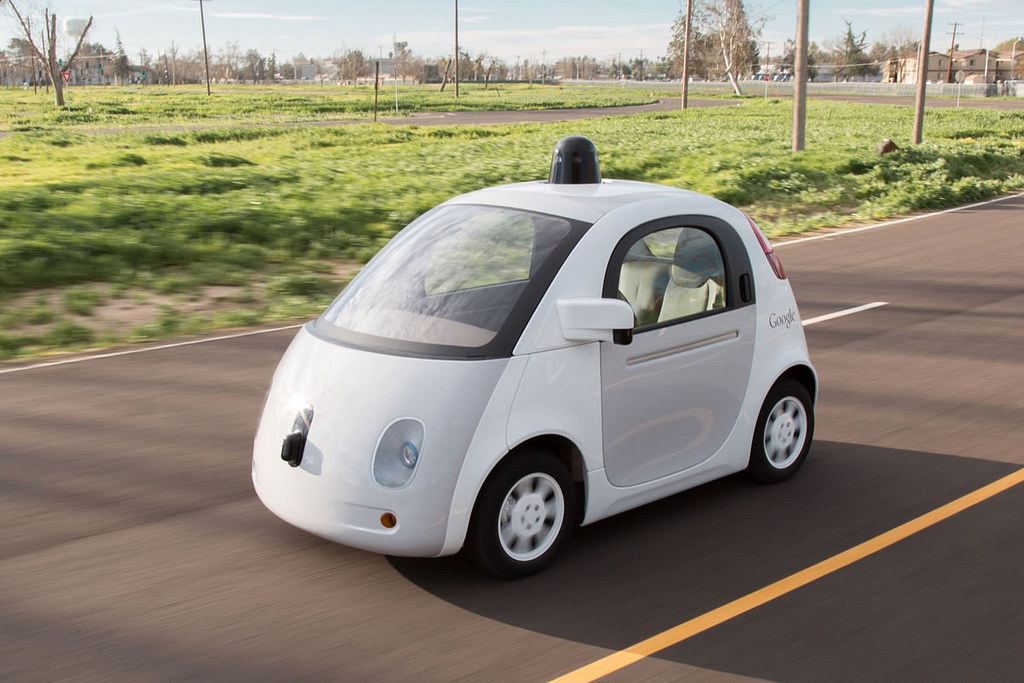
BP is keeping one eye on the future, and planning for something that the oil and gas industry has traditionally been slow to implement – change. The emergence of self-driving electric cars and travel sharing are set to dent oil consumption by 2040, oil and gas giant BP said, forecasting a peak in demand for the first time.
For the first time an oil major, BP, put forth an estimate for when oil demand will peak, Reuters reports. The oil and gas global giant believes that oil consumption will finally hit a bump in the road in 2040.
In its benchmark annual Energy Outlook, BP forecast a 100-fold growth in electric vehicles by 2040, with its chief economist Spencer Dale painting a world in which we travel much more but instead of using private cars, we increasingly share trips in autonomous vehicles.
The vision being painted by the auto industry and BP’s recent report is one that stokes fear and some uncertainty about demand just as the industry is beginning to rebound. As there will be many additional reports and forecasts, it’s important to also highlight that many oil companies such as BP, Shell and France’s Total are betting on growing demand from the petrochemical sector in the coming decades. This growth will likely stabilize the industry at or near the peak demand.
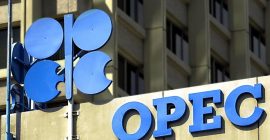
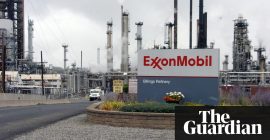
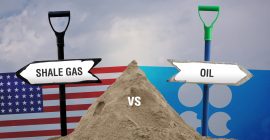
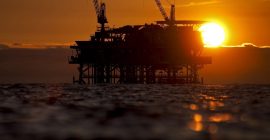


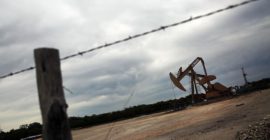
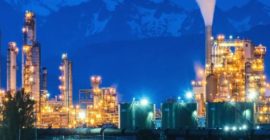
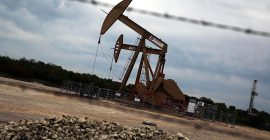
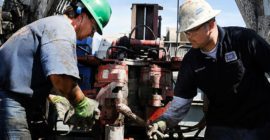






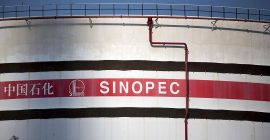

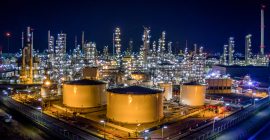




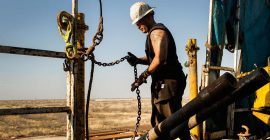
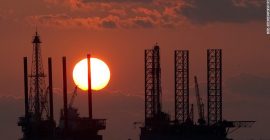
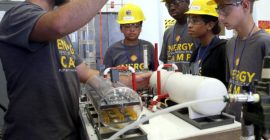
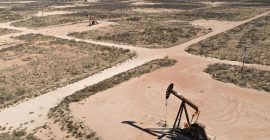
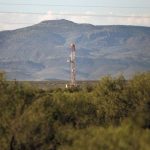



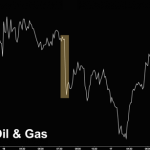
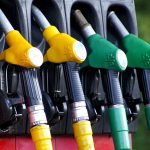

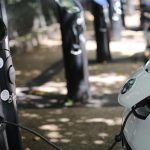
RittaFarr
2040 seems to be a realistic time frame for electric car adoption. However, it will likely take 10-15 years from the launch of mass market autonomous cars before they reach mass adoption (60%+), given that the average age of a vehicle on US roads is 11.5 years. Globally this might be even slower to fully adopt in many areas.
The other major factor that I feel is being missed in this debate is where’s the energy coming from to charge these electric vehicles. If all of the people in California (or Texas for that matter) went electric – the state’s electric grid would collapse. Energy efficiency that includes Natural Gas and other petroleum innovations will be part of the “electric car revolution”